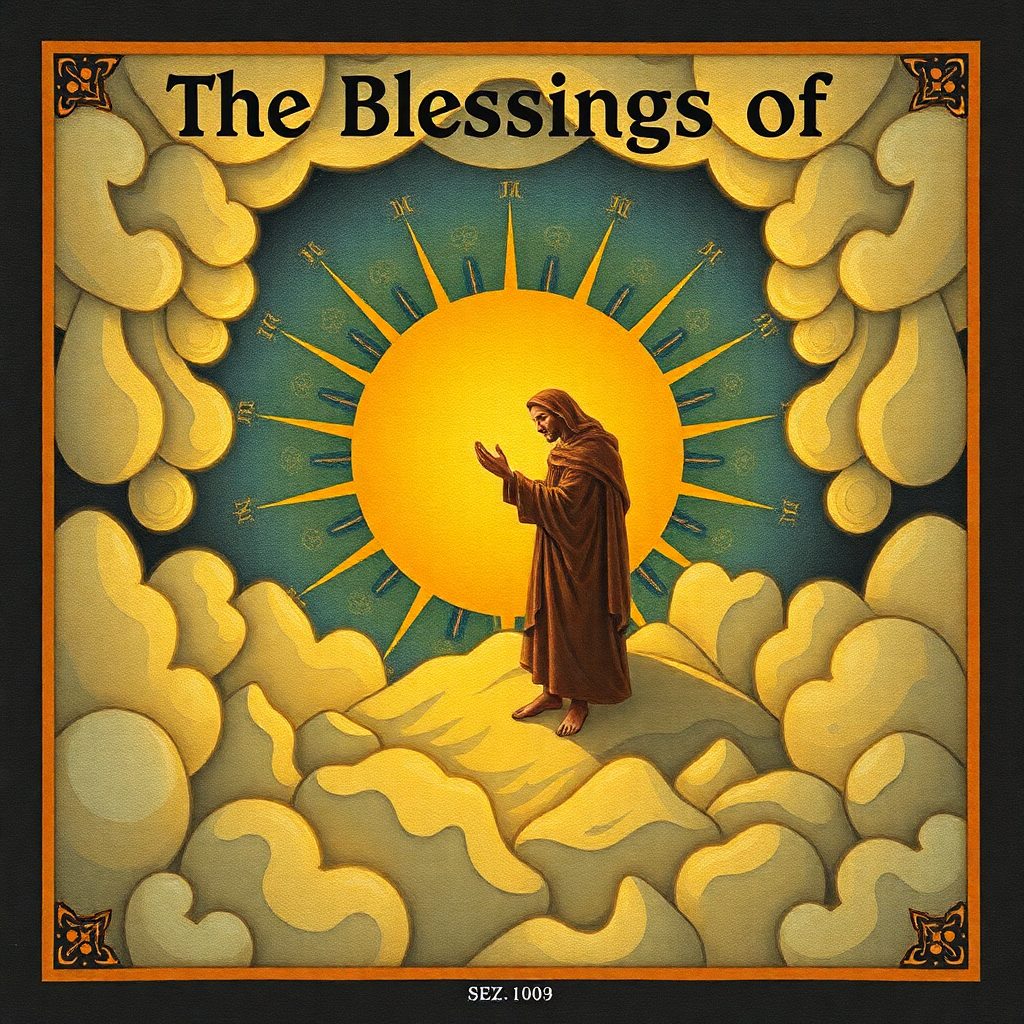Noah's Legacy: How Three Sons Became the Fathers of All Nations
As commanded by God, Noah's sons began the monumental task of repopulating the earth. Each brother became the patriarch of distinct family lines that would eventually develop into the various nations and ethnic groups described in the biblical Table of Nations in Genesis 10.
When the waters of the great flood receded and Noah's ark finally came to rest on Mount Ararat, three men emerged who would become the ancestors of all humanity according to biblical tradition. Shem, Ham, and Japheth had witnessed the most catastrophic event in human history, surviving alongside their father Noah and their families in the massive vessel that had been their home for over a year. Their journey from that moment forward would shape the course of civilization itself, as they ventured forth to repopulate and rebuild a world that had been completely washed clean.
The experience of the flood had undoubtedly transformed these three brothers in profound ways. They had watched the old world disappear beneath the waters, seen the devastation of divine judgment, and learned the weight of being among the sole survivors of humanity. As they stepped onto dry land once again, they carried with them not only the responsibility of continuing the human race but also the knowledge and skills that would be essential for rebuilding civilization from nothing.
The Blessing and the Curse
One of the most significant moments in the post-flood narrative involves Noah's prophetic words over his three sons, which would echo through generations. After an incident involving Noah's drunkenness and Ham's disrespectful behavior, Noah pronounced both blessings and consequences that would influence the destinies of entire nations. Shem received the blessing of being the line through which God's covenant would continue, while Japheth was blessed with expansion and dwelling in Shem's tents. Ham, specifically through his son Canaan, faced consequences for his actions that would affect his descendants.
These prophetic declarations weren't merely family disputes but represented the establishment of relationships between future nations and peoples. The blessing of Shem pointed toward the Semitic peoples, including the Israelites, through whom many of the world's major monotheistic religions would emerge. Japheth's blessing suggested expansion and maritime prowess, characteristics that would later be associated with various Indo-European peoples who spread across continents and established great civilizations.

Spreading Across the Earth
As commanded by God, Noah's sons began the monumental task of repopulating the earth. Each brother became the patriarch of distinct family lines that would eventually develop into the various nations and ethnic groups described in the biblical Table of Nations in Genesis 10. This ancient genealogical record provides a fascinating glimpse into how the biblical authors understood the relationships between different peoples and cultures of the ancient world.
Shem's descendants settled primarily in the Middle East and became the ancestors of the Semitic peoples, including the Hebrews, Arabs, and various other groups throughout the region. The name "Shem" itself became the root of the word "Semitic," highlighting his significance in the development of cultures that would profoundly influence world history through their contributions to religion, law, and commerce.
Japheth's lineage spread northward and westward, becoming associated with the peoples of Asia Minor, the Mediterranean islands, and eventually Europe. Many ancient sources connect Japheth's descendants with the Greeks, Romans, and other Indo-European groups who would build some of history's most influential civilizations. Their expansion fulfilled Noah's prophecy of enlargement and their eventual dwelling in prosperity.
Ham's descendants moved toward Africa and parts of the Middle East, establishing powerful kingdoms and advanced civilizations. Despite the complications surrounding Noah's curse on Canaan, Ham's lineage produced remarkable cultures, including the ancient Egyptians, Ethiopians, and various other African peoples who made significant contributions to human knowledge, architecture, and governance.
Legacy of Renewal and Hope
The journey of Noah's sons represents more than just the repopulation of the earth; it symbolizes humanity's capacity for renewal, resilience, and hope after catastrophic loss. These three men had to rebuild not just their numbers but entire systems of knowledge, culture, and civilization. They preserved essential skills like agriculture, animal husbandry, metallurgy, and craftsmanship that had existed before the flood while adapting to new environments and challenges.
Their story reminds us that even after the most devastating setbacks, humanity possesses an remarkable ability to begin again, to learn from the past while building toward the future. The diversity that emerged from their lineages demonstrates how a single family could eventually give rise to the rich tapestry of human cultures, languages, and traditions that characterize our world today. In their amazing journey from survivors to founders of nations, Noah's sons embodied the enduring human spirit of perseverance and the divine mandate to fill the earth with life, hope, and purpose.